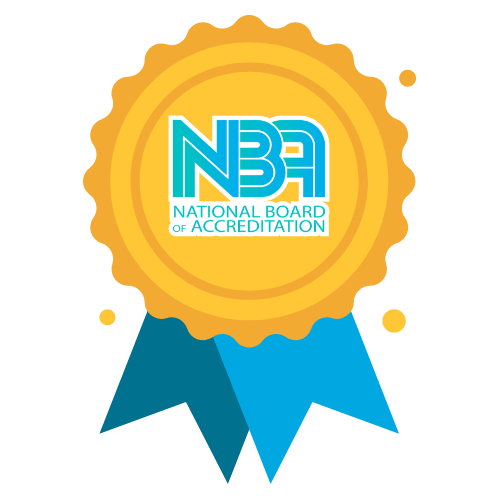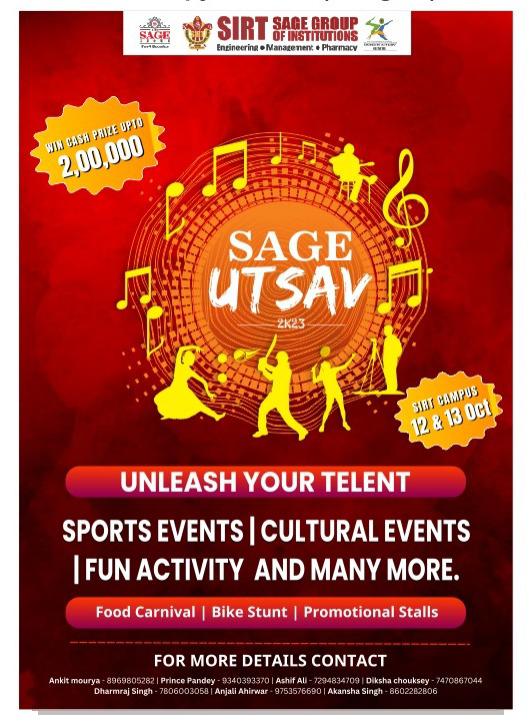Embarking on a research journey can be both exciting and challenging for beginners. While there are many valuable lessons to be learned along the way, it's equally important to be aware of the common pitfalls that can hinder progress and growth. In this blog, we will explore key advice and strategies for beginners to avoid these pitfalls and set themselves up for success in their research endeavors.
Avoid plagiarism: Plagiarism not only means copying another’s work rather if someone presents their own work multiple times can also come under the category of plagiarism. The plagiarized work is straight away rejected by the reputed journals or by any funding agency. Also, strict action can be taken by the submitted agency as they can debar you from further submission. Few institutes have a policy of terminating the person from the job as well. The best way to avoid plagiarism is to read the published document and present it as per your understanding and in your own words.
Avoid Stress: It is always seen that there is always a great pressure put on the researchers to deliver the desired output on time. When the desired output is not achieved, this pressure persists for a longer duration of time and results in stress. When a person is under stress for a longer duration of time, it will affect the mental health of the individual. The best way is to take a break from work after every rejection, rather a failure should be celebrated as a success. This will boost you up for doing better work with elevated energy.
Avoid being introvert: The best way to grow in the field of research is to increase your networking. Don’t feel shy to ask for help or to ask for suggestions from others. Try to attend as many conferences as you can. Conferences are the best place to meet and discuss the problem with researchers. This helps in providing opportunities for collaboration. You can get help from some senior scientists with accessing their labs or even get a certain position in good research labs. Another way to communicate with the research community is to start reviewing the research articles of good journals. This will give you recognition and also gives you new ideas for conducting new work.
Avoid taking multiple research tasks: This is the biggest mistake most researchers do in their early careers. At the beginning of your career, you don’t have much helping hand. Inspite of that, due to the stiff competition in the working place we piled ourselves with multiple research problems. People do this to stand taller than their colleagues and this ends up with low-quality work or sometimes incomplete work. Hence, try to focus on a few works which can be done within the time limit. This will increase your confidence and most importantly give you self-satisfaction.
Mentor others: The best way to learn something or to master yourself in something, is just to teach the thing to some other person. In research, it is like whenever you got the opportunity to guide others, grab it. This is the most important way of doing the research work. It is because the work your seniors can’t extract from you sometime your subordinate can do it. Guiding someone with their research work arose a feeling of responsibility that bound you and motivates you to complete certain tasks. Remember, the quantity and quality of information or ideas you will share with others, it will come back to you by some other means.
Try to follow these points and you will definitely find a positive change in your research attitude
Dr. Alok Agrawal
Associate Professor, ME Department, SIRT
R&D Coordinator, Sagar Group of Institutions



